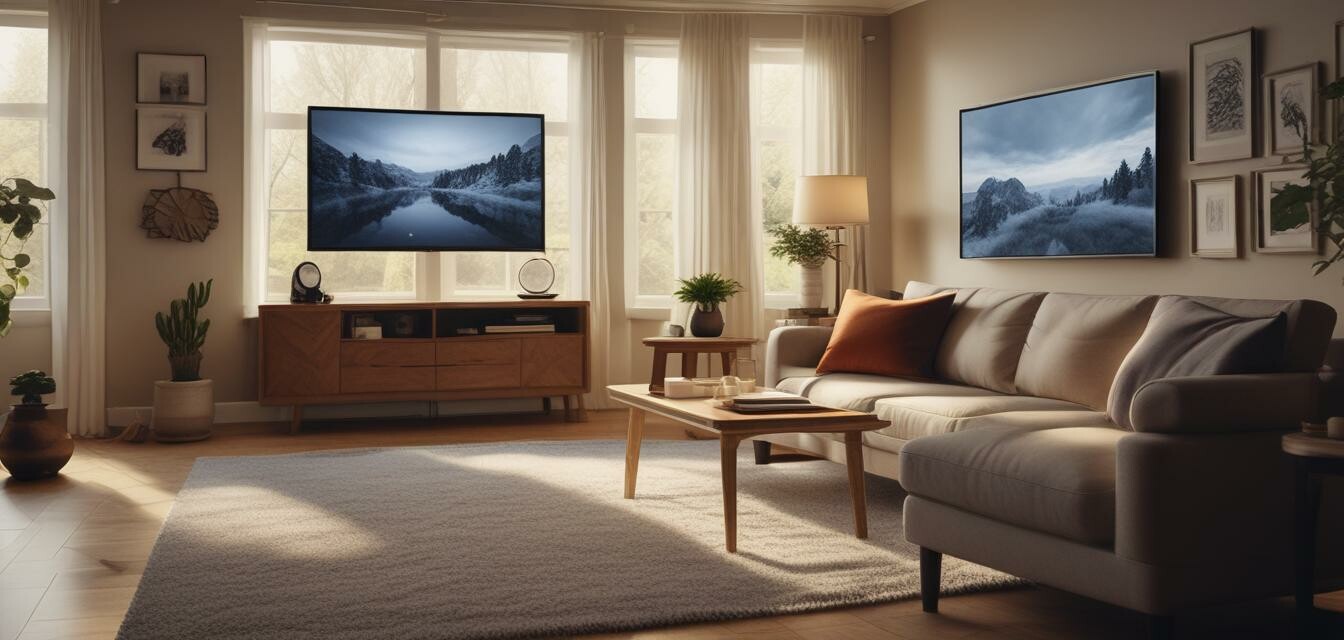
The Role of Smart Technology in Home Health Care
Key Takeaways
- Smart technology enhances the safety and accessibility of homes for seniors.
- Various devices drive efficiency in daily routines and care management.
- Integration of health monitoring devices facilitates remote caregiving.
- Emerging trends indicate continuous evolution in smart home technology tailored for seniors.
- Awareness of new products is crucial for families and caregivers.
The implementation of smart technology in home health care is creating a transformative impact on how seniors and caregivers interact in their living environments. With the increasing need for effective solutions to assist aging individuals, smart devices are becoming more than just gadgets; they are pivotal tools in enhancing the quality of life and efficiency of care practices.
How smart technology aids home health care
Smart technology plays a crucial role in revolutionizing home health care by providing innovative solutions tailored for seniors. Below are several ways these technologies are influencing the caregiving landscape:
- Enhanced Safety: Smart security systems can monitor entrances and notify caregivers of unauthorized access.
- Remote Monitoring: Health monitoring devices allow caregivers to track vitals without being physically present.
- Voice-Activated Assistance: Smart speakers help seniors access information, communicate with loved ones, and control home devices effortlessly.
- Fall Detection Sensors: These specialized gadgets can alert caregivers or emergency services in case of accidents.
Comparing Features of Smart Devices
| Device Type | Key Features | Benefits |
|---|---|---|
| Health Monitoring Devices | Heart rate, blood pressure, activity tracking | Reminders for medication and updates for caregivers |
| Smart Home Security | Cameras, door sensors, alarms | Increased home safety and security alerts |
| Connected Home Assistants | Voice recognition, calendar management | Support for daily tasks and reminders |
Trends in Smart Home Technology for Seniors
The smart home sector continues to witness rapid advancements, particularly in developing solutions that cater specifically to the needs of seniors. Some current trends include:
- Increased interconnectivity: Devices that communicate with one another to provide comprehensive monitoring.
- AI-Powered Assistants: Enhanced capabilities for personal interaction and task management.
- Telehealth Integration: Easy access to healthcare providers through smart devices.
- Customization Options: Tailored solutions that can fit individual needs of seniors.
As technology continues to evolve, staying informed about these trends is essential. For more insights, visit our News and Trends section.
Pros
- Increased independence for seniors.
- Improved communication with caregivers and families.
- Real-time updates and alerts enhance safety measures.
Cons
- Technical issues and the need for troubleshooting.
- Initial costs of devices can be high.
- Potential learning curve for technology-averse seniors.
Conclusion
The integration of smart technology into home health care is undeniably advantageous for seniors, offering innovative solutions that enhance safety, accessibility, and overall quality of life. As trends emerge and technologies continue to evolve, families and caregivers must remain informed about these advancements to maximize their benefits. For more information on smart home products, explore our Home Security Solutions and Health Monitoring Devices categories.
Tips for implementing smart technology
- Start small: Begin with a few essential devices before expanding.
- Prioritize ease of use: Select devices that are user-friendly for seniors.
- Engage with technology: Encourage family members to assist seniors in getting comfortable with gadgets.
- Consider needs: Think about specific health or safety needs that technology can fulfill.
Stay updated on innovations by following our Buying Guides and ensuring that your loved ones benefit from the latest technologies available in home health care.